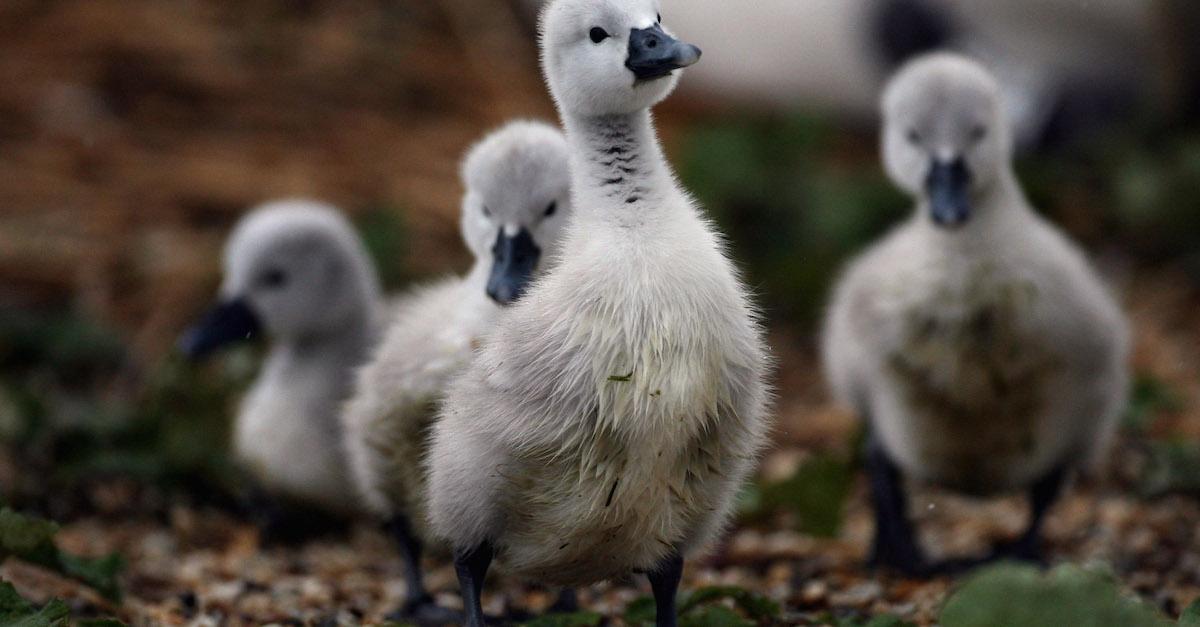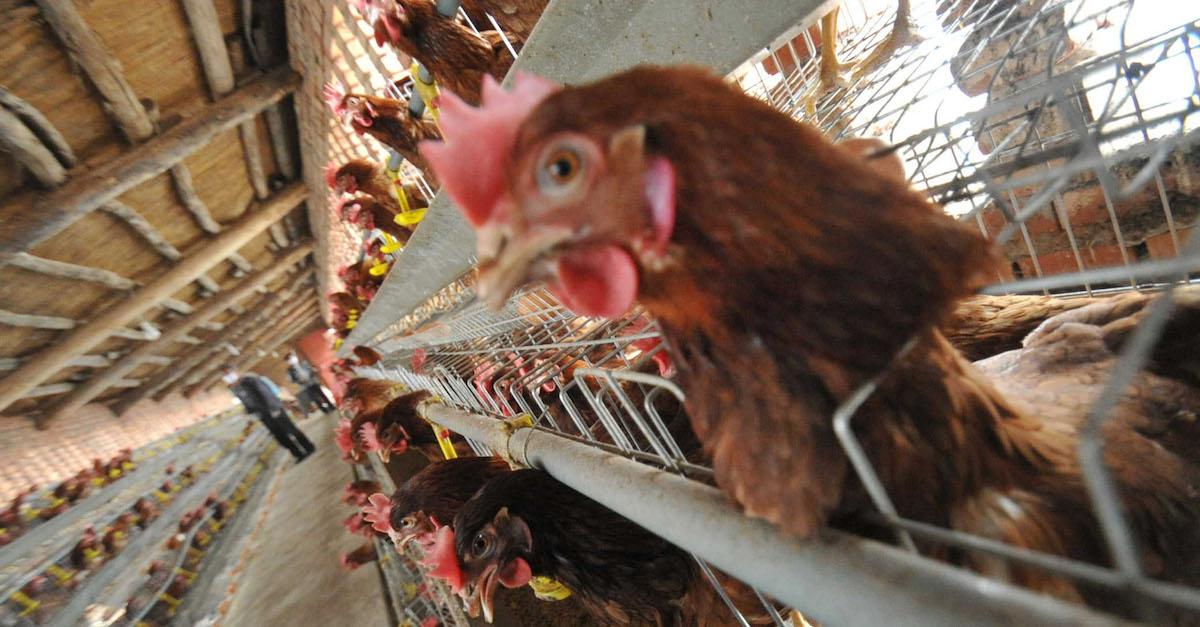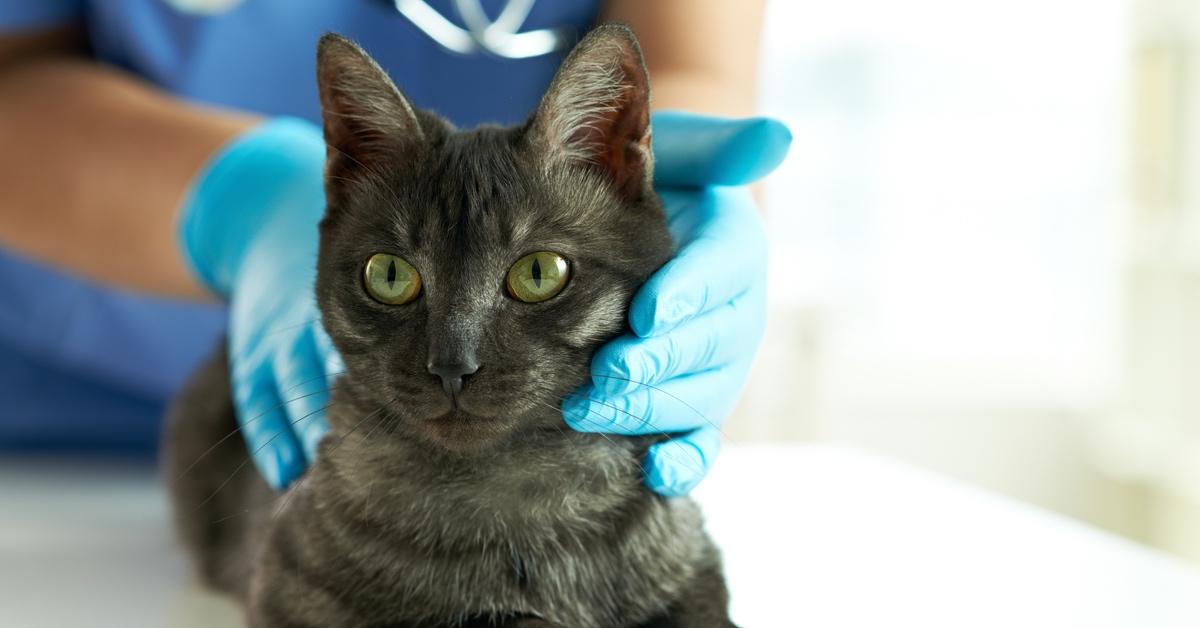Avian Flu Outbreaks Are Worrying Pet Parents — Can It Spread to Dogs or Cats?
Repeated outbreaks of H5N1, better known as the bird flu, have caused concern in pet parents.
Updated April 29 2024, 9:34 a.m. ET

The avian flu is not a new virus, but with the increasing concern around outbreaks, it's important to ensure you and your furry friends are safe from harm. In 2024, people started to panic when the avian flu spread to domestic cattle — which, in our opinion, is just further reason to explore milk alternatives.
However, reports of the virus spreading to pets and backyard chickens has startled many pet parents. So, can the avian flu be spread to dogs? Here's what scientists say, in regards to our beloved fur babies and the latest bird flu outbreaks.

Can dogs get the bird flu?
Dogs have contracted the bird flu — one was reported to have contracted it in Thailand back in 2006, and it can be spread through the infected animal's saliva, feces, and mucus. According to Dr. Alice Jeromin, DVM, who spoke to news outlet WKYC, it's not common, but it's not entirely out of the question, either.
"There have been reports of it in cats in four countries. We're one of them — France, Poland, the U.S., and South Korea. Is it running rampant? No."
Dr. Jeromin further explains symptoms that might indicate your dog has contracted bird flu. "They can fight it off, but it can also be fatal. More often than not, they'll show signs of depression — they won't want to eat, they're listless, feverish, and it normally lasts five to 10 days, however, some European cases reported lasting up to six weeks."
The Centers for Disease Control and Prevention (CDC) also note that in 2016, there was a case of avian flu that spread from a cat to a human, so it's important to take precautions to prevent your beloved companion (and yourself) from contracting this virus.
The CDC instructs pet parents to keep their animals away from "sick or dead birds, their feces or litter, or any surface or water source (e.g., ponds, waterers, buckets, pans, troughs) that might be contaminated with their saliva, feces, or any other bodily fluids without wearing personal protective equipment (PPE)."

Can cats get bird flu?
Unfortunately, yes, cats can catch bird flu as well. According to the American Veterinary Medical Association (AVMA), it's most likely that your domestic animals contract avian flu when they come in contact with sick or dead birds, especially if you have cats that are allowed outdoors.
In 2024, scientists are still researching the ways that dairy cattle may have become exposed to bird flu, including the following, per NPR: by workers spreading it from facility to facility, milking equipment used, rodents that come in contact with dairy, and more. Currently, the leading theory is that avian flu is being spread through the milk.

Can humans catch bird flu from their animals?
Yes, humans can catch bird flu from companion animals, per the Cleveland Clinic, but there have been less than 1,000 cases worldwide since 1997.
Additionally, per Bloomberg, the Food and Drug Administration (FDA) has found no evidence that consuming dairy milk that has been pasteurized will transmit avian flu, but just to be on the safe side, it's much better for people — and the environment — to try out a vegan alternative.
This article, originally published on April 26, 2022, has been updated.